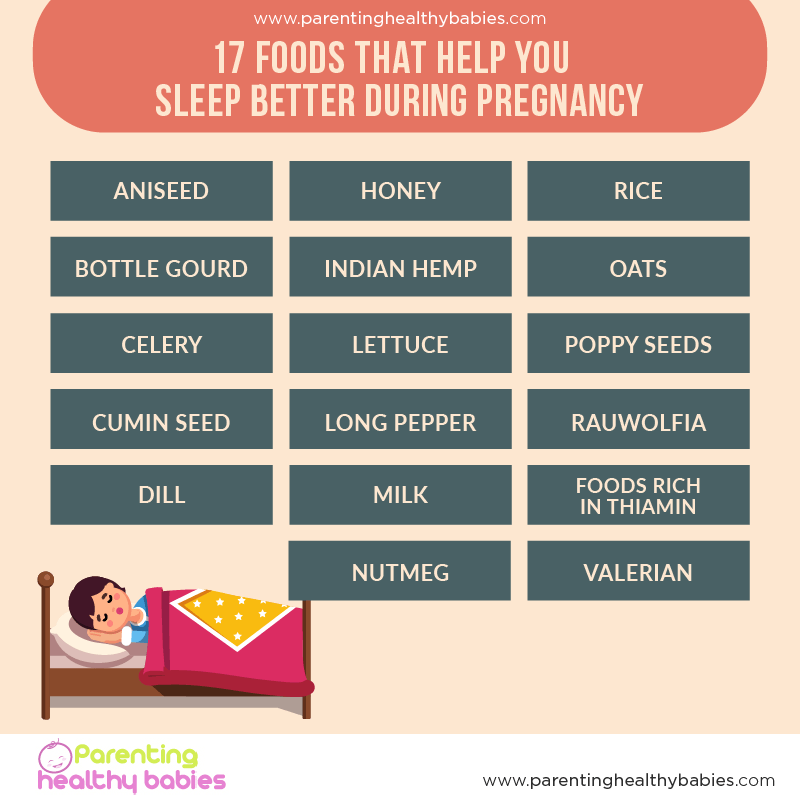It is only during pregnancy that everyone feels entitled enough to have an opinion on your food habits. Every person known to you has some advice or the other to offer. It does not matter whether they have been pregnant themselves or being close to someone who was pregnant: they are automatically pregnancy experts. But you know yourself and your baby the best. And only you have the right to decide how you should take care of yourself during this period, albeit with your doctor’s help as well as with the help of our guiding articles. In this article, we will talk about fenugreek and discuss how safe or unsafe it is to consume it during pregnancy.
Fenugreek is one such good (or bad) food, which pregnant women are unsure of eating. If you are one of them, then you’ve come to the right place. Kindly read on to know everything that you have to know about it.
Is It Safe to Consume Fenugreek During Pregnancy? Benefits and Side Effects
Fenugreek is safe for pregnant women only when taken in moderate amounts. Excess consumption may lead to early uterine contractions. Also, taking it before you’re due for delivery can create an unusual maple syrup-like body odor in the newborn. However, it does not show long-term effects. Read on to find out about the health benefits as well as side effects of consuming fenugreek during pregnancy:
Health Benefits:
Fights gestational diabetes
You are more likely to develop gestational diabetes during pregnancy if you’ve had a history of diabetes. Also, the increase in the requirement of insulin could lead to this condition. Fenugreek is known to lower the chances of gestational diabetes as it helps stabilize the levels of blood sugar.
Boosts lactation
According to research, women who consumed in moderate amounts throughout the pregnancy are known to have improved breast milk production postpartum.
Eases labor
Most women dread labor pain and for a good reason. Fenugreek tea can help here too! Prolonged labor can take a toll on your body and mind. But consumption of it is known to induce contractions and ease labor pain.
Helps with breast enlargement
Sometimes, hormonal fluctuations in pregnancy can lead to disproportionate breast enlargement. Thankfully, fenugreek will encourage the augmentation of the bust. Just steep a few grams of the seeds in water and consume the concoction daily.
Side effects:
Taking excess amounts of fenugreek can disturb the hormonal balance of the body, even leading to some potential risks. The possible side effects of consuming fenugreek are:
Danger of miscarriage
Consuming fenugreek, especially late in the pregnancy can show signs and symptoms of contractions. It can therefore, end in preterm labor and also miscarriage in some cases. So, be cautious about its consumption before 37 weeks of pregnancy.
Indigestion
The digestive system is fragile during pregnancy. So, if you eat fenugreek on a regular basis, it can result in nausea or vomiting and acid indigestion. You might also have loose stools, bloating or diarrhea.
Triggers allergies:
Fenugreek causes hypersensitive reactions during pregnancy. It could, therefore, lead to sensitive responses such as nasal congestion, swelling, coughing and wheezing.
Smelly urine:
Consuming fenugreek, especially in the later stages of pregnancy, is known to result in maple syrup-smelling urine.
Interacts with drugs:
Fenugreek lowers the impacts of medicines that you may use during pregnancy. It especially interferes with blood-thinning medications such as warfarin.
You may note that these side-effects are due to over-consumption. Fenugreek is not harmful when had within limits. The small amounts of fenugreek used in food preparation are sufficient. However, if you notice any of the side-effects mentioned earlier, stop using the seeds. You can eat it throughout the pregnancy. But notify your doctor before including it as a regular part of your diet.
Therefore, to conclude, fenugreek is the kind of food that shouldn’t be completely forbidden during pregnancy. There are quite a lot of benefits, provided you consume it within the specified amount. The numerous health benefits include fight against diabetes, easing of labor, boosting lactation and helping in restoring the proper size of the breasts. However, over-consumption might lead to the danger of miscarriage, indigestion, smelly urine and interference with your medication. Therefore, it is best to keep the consumption within limits and most importantly, consult a doctor before including it in your diet. It is for the benefit of both you and your baby.













